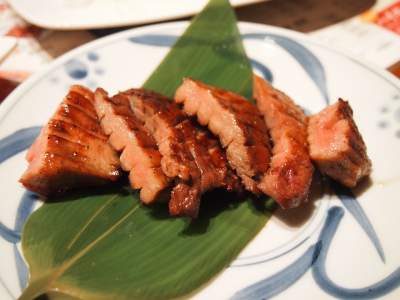
Beef allergy is very rare; studies have found out that a very small percentage of people are allergic to beef. A person who is allergic to beef experiences negative symptoms after consuming beef.
For some people beef allergy occurs immediately after eating beef where as for some it may take some time, usually 2-3 days .some people are especially sensitive to the protein found in beef. This makes them unwell and their body to react differently.
Eating beef may affect your immune system; as a result your body will release an antibody called immunoglobulin E to remove the offending food from the body.
Beef allergy can develop any time in life. If you are allergic to one type of meat, it is possible you also are allergic to other meats, as well as to poultry, such as chicken, turkey and duck.
Also read: Chicken Allergy Symptoms
Beef Allergy Symptoms
Your body’s reaction to beef allergy depends on your immune system. Effects of beef may be seen either immediately after eating or it may take some time. Following are the common reactions to beef allergy.
- Skin rash
- Sneezing
- Head ache
- Asthma
- Stomach cramp
- Vomiting
- Diarrhea
- Shortness of breath
- Swollen tongue and throat
- Redness of skin
- Hives
- Runny nose
Beef Allergy Treatment
If a person with a beef allergy removes beef from his or her diet, the symptoms will stop. For many people, this does not need to be a permanent change. In most cases, a person will be able to return to eating beef at a later time. This should be done on the advice of a medical professional.
Beef is an excellent source of vitamin B12 and very good source of protein, vitamin B6, zinc, and phosphorus. It is also a good source of potassium, and vitamin B2.A person who is no longer eating beef should ensure that they are able to get these nutritional elements from other foods.
Beef contains important nutritional element like protein. If you are not eating beef, you should make a point to get protein in your diet from other sources. If you are able to eat other meats without experiencing negative symptoms, you can choose to eat those meats instead. If you are looking for non-meat protein sources, soy milk, quinoa, beans, green peas and various other options are available.
If you experience any beef allergy symptoms, consult allergist for diagnosis.

